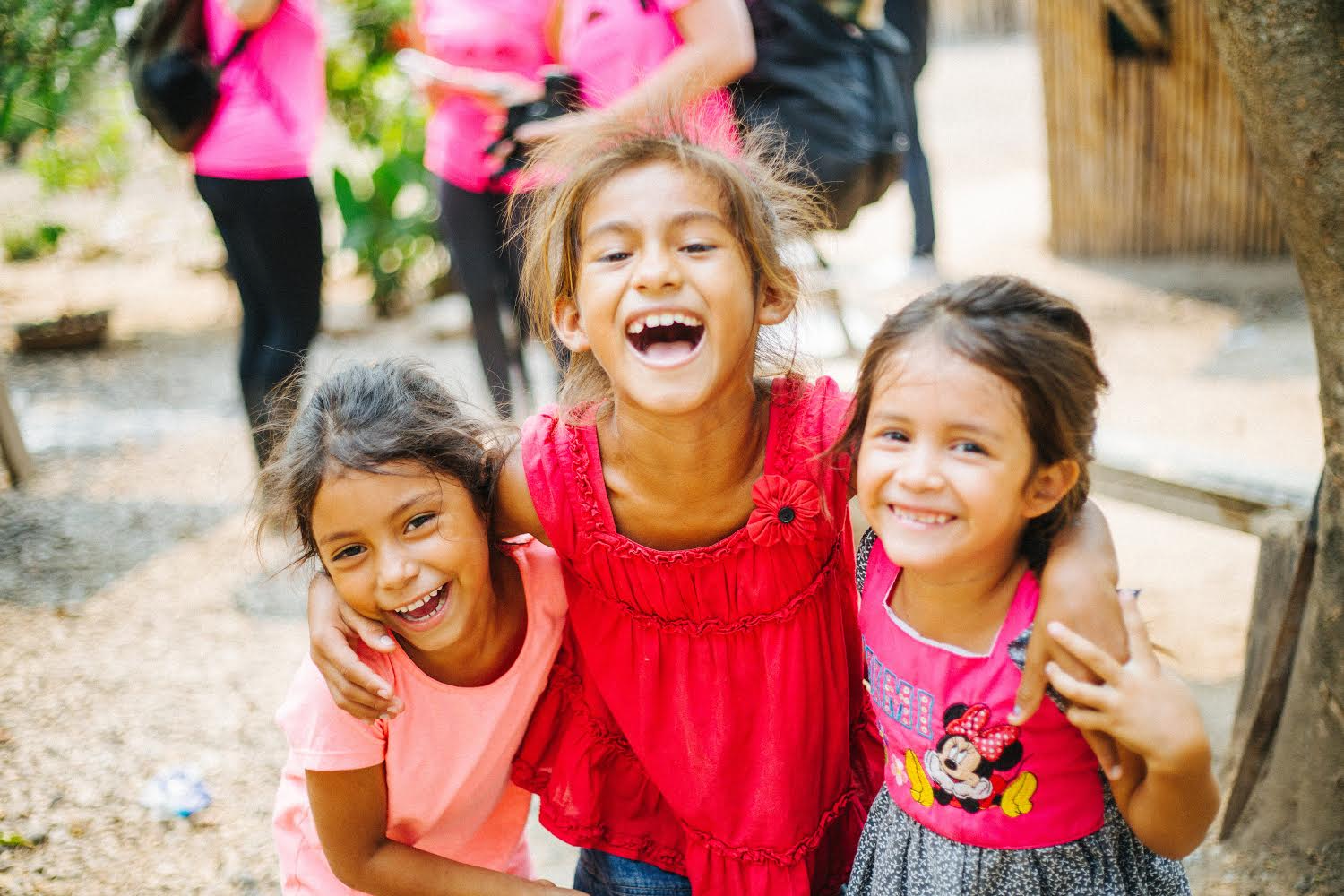Today, October 14, marks the nine year anniversary of Humanity and Hope United! To celebrate this exciting occasion, we interviewed Riley Fuller, president and co-founder of Humanity and Hope. In this interview, Riley shares his first memories of Honduras, what lessons he has learned over the years, and his vision for the organization going forward. Join us in celebrating Riley, Humanity and Hope, and nine years of loving people!
What are your first memories of Honduras?
My first trip to Honduras I remember feeling really angry and confused. On one hand, when I stepped off the plane I saw a beautiful country with beautiful people. These were hardworking, family-oriented people who would quite literally give the clothes off their back or the last food on their tables. Yet they were living without basic necessities like clean water and electricity. I remember being astounded by their hospitality and how willing they were to open up their homes and share their stories with us. Prior to my first trip to Honduras, I had never seen such obvious human struggle. I knew there had to be something more, but I wasn’t sure what that looked like at the time.
“ I had this idea – this dream – to help create a community uniquely better than what came before. ”
How did Humanity and Hope come about?
Humanity and Hope was created out of a desire to put a heart and a plan together. I saw a lot of other organizations that worked with all heart but no plan, or all plan and no heart. I wanted Humanity and Hope to be different. I saw a lot of nonprofits focused on giving and providing for those in need, but they did so for other people, not with them. That’s not sustainable. Our goal with Humanity and Hope has always been to do life together and to focus on making other people stronger. So I had this idea – this dream – to help create a community uniquely better than what came before. I started talking about it with some friends who really supported me and encouraged me to take the leap in 2010.
How is the organization different now than it was in 2010?
I think the biggest difference now is that there is more joy, more happiness, and a much bigger community. We started Humanity and Hope with only five people. I know that five dedicated people can do a lot of good, but with the community we have now, it feels like we are finally big enough to be part of changes that are really moving the needle. For example, our Grand Farm fundraiser last year was a huge success and a great illustration of community coming together to create impact. The La Cuchilla housing campaign we recently launched is another great example. We are so excited that the Humanity and Hope community can be a part of something so big. The “we” has gotten so much bigger, and that’s one of the main reasons we can do this kind of campaign now.
What lessons have you learned from leading this organization over the years?
I think what started as a quest for development indicators (clean water, electricity, healthcare, job creation, etc.) has turned into something so much bigger. It is now a quest to listen, to love, and to put ourselves in other people’s shoes. Of course there are tangible necessities that go along with that, such as access to a safe home, a clean bathroom, and daily work. But our mission has evolved to take into account the intangibles as well.
I’ve also learned a lot about the challenges women face in Honduras. I could always tell that people in Honduras were denied opportunity, but I didn’t realize how disproportionately women were impacted by that. In Honduras, women face extreme violence, are not well represented, and do not have a legal system that holds people accountable for their actions. Over time, these inequities really take a toll. Humanity and Hope really tries to integrate women back into the equation. Studies have shown that when women have jobs, they gain a level of economic independence that leads to better outcomes for the whole family. We’re really committed to proactively changing the narrative here.
What is your vision for Humanity and Hope in the next five years?
The vision is that we continue to be a group of people who believe in the concept and power of hope – a community of people who believe that the status quo is not okay. Broadly, I want Honduras as a whole to become a reflection of the communities we serve. I want to get rid of the stereotypes about Hondurans and Americans. At the end of the day, we are trying to help people build homes and communities that are filled with so much love and opportunity that there is no need to leave in the first place.


